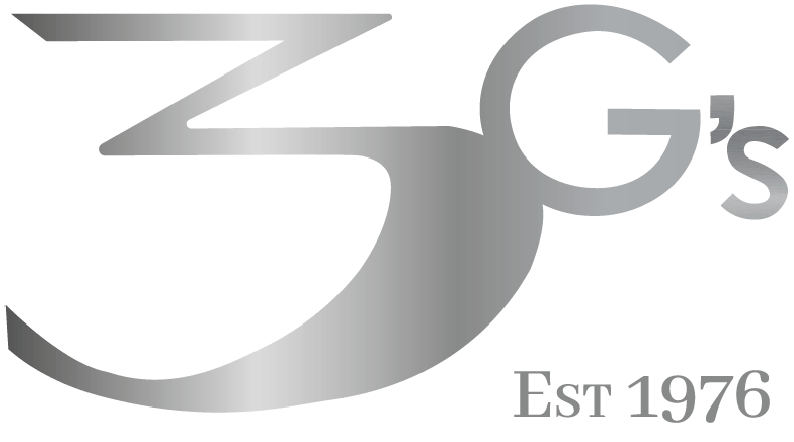Starting your own business is definitely not a piece of cake. There are numerous things that are required to be done perfectly as a business owner. The circumstances have been different than ever after the advent of the pandemic. The USA, even after being a first-world country, took a hit when the coronavirus outbreak occurred. The world economy collapsed and small businesses were affected tremendously. However, the world has been recuperating and small companies have started making a comeback.
Owning a business can be quite difficult considering all the HR requirements that need to be fulfilled, workers’ compensation that needs to be managed, etc. Smart business owners know that they need help with running their businesses. Many small firms associate themselves with either PEOs (Professional Employer Organizations) or HROs (Human Resource Outsourcing). Both of these agencies lend a hand to a business owner in running their company more efficiently and let them outsource HR-related functions for their company.
What Is Human Resource Outsourcing (HRO)?
Human resource outsourcing is an independent agency that offers HR services to companies. Such agencies allow the companies associated with them to pick and choose the services they want from them. HROs provide companies with the basic HR functions needed to fulfill the HR requirements of their company or provide strategic HR services. In Human Resource Outsourcing, an agreement will be signed between the company and the third party. By this agreement, the company transfers certain responsibilities that need to be managed by the external provider. The HRO will only be responsible for the HR responsibilities that are mentioned in the agreement.
By partnering with HROs, the business has the liberty to specify which services they need from the HRO. The chief responsibilities handled by HROs usually include payroll, recruitment, benefits management, administrative functions, etc. HROs are also equipped to provide assistance with insurance and on-call support if it is required. Human resource outsourcing can provide services that are tailored to the needs of the business associated with them. HROs are more popular with large conglomerate companies than small businesses. Large companies with existing HR departments tend to associate more with HROs. When it comes to outsourcing HR functions, there are many options provided by the HROs. A company can just buy a specific HR function, such as tracking the applicants, etc. or, the company can outsource all the functions available under the HRO.
What Is A Professional Employer Organization (PEO)?
PEO is an agency that allows companies to outsource their HR-related functions. PEOs also act as the co-employers of the company associated with them. The PEO will share all the legal obligations and liabilities that are related to the employees of the company. PEOs can remit the business tax of the companies they are in contact with under their Employer Identification Number (EIN) instead of the firm’s. If the state unemployment tax of the PEO, a company is partnering with, is lower than that of the company, the firm will be taxed less. If companies purchase workers’ compensation through PEOs, it can be obtained at a much lesser rate than if the company would directly purchase them.
There are a wide variety of services that are offered by Professional Employer organizations. The chief services that can be purchased from a PEO are HR services, workers’ compensation, employee benefits, risk management, payroll processing, etc. PEOs are more popular with small firms. As a small firm, they might not be able to handle all the HR functions. In such instances, small firms hire PEOs to fulfill their HR requirements. PEOs help with recruiting new people into the companies and oversee all the training they will have to go through, welcome them into the company, etc. The HR department acts as a middleman between the employees and the management. They will resolve conflicts, mediate between the management and workers, etc. PEOs have been in the market for many decades and it is slowly becoming a necessity for small businesses to thrive in the current economy.
How Do PEOs and HROs Differ?
Human Resource Outsourcing and Professional Employer Organization both help companies to fulfill their HR requirements. Both agencies provide assistance so that companies can run their businesses smoothly and more efficiently. A Professional Employer Organization provides HR services along with becoming the co-employer of the company whereas a Human Resource Outsourcing agency remains an independent third party. When a company associates with a PEO the agency provides health insurance, workers’ compensation, etc., and the PEO remits the tax of the company under their own Employee Identification Number rather than the company’s. An HRO only provides the services that are written in the agreement and are paid for.
The PEO becomes the co-employees of the company it associates with and will be liable as much as the company itself. PEO gets involved with the IRS when there is a tax audit. Meanwhile, in an HRO, the company will carry sole responsibility when it comes to matters with the IRS. A PEO will provide a firm with all its fundamental services and gives the company the ability to add more if they choose to do so. In the case of an HRO, the firms have the luxury to choose as few or as many services as they need according to the requirement of the company. The cost of hiring a PEO might seem a bit higher in the beginning but the overall cost is seen to be less in the long run. HROs are more flexible and require fewer fees compared to PEOs but become more expensive in the long run.
When it comes to Professional Employer Organizations, it is seen to be more popular among small businesses. PEOs have been helping small business owners run their businesses more efficiently. PEOs will let small businesses outsource all the HR requirements and provide them with insurance and workers’ compensation. When all the legal obligations and HR requirements are fulfilled, small business owners can focus completely on their companies without having to worry about HR services. HROs are seen to be more popular among large companies. Such companies will already have an existing HR department, and the HRO collaborates with them and regulates the functions.
Which agency you should choose will depend on the requirements of your company. However, if you are a much larger corporation then Human Resource Outsourcing would make more sense as it is more flexible and because you will have the ability to pick and choose the kind of services you need. If you are a small to medium business looking to outsource your HR services, then a Professional Employer Organization is the perfect opportunity for you to elevate your business. 3 G’s is one of the best PEOs in the United States Of America. We have been making our clients happy for over four decades. So if you are looking for a way to thrive, partner up with us.
FAQ
- What is a PEO?
PEO is an agency that allows companies to outsource their HR-related functions. PEOs also act as the co-employers of the company associated with them. The PEO will share all the legal obligations and liabilities that are related to the employees of the company.
- What is an HRO?
Human resource outsourcing is an independent agency that offers HR services to companies. Such agencies allow the companies associated with them to pick and choose the services they want from them.
- What is the main difference between a PEO and HRO?
PEO acts as a co-employer when it partners with a company. However, HRO still remains an independent third party and is liable for the company.
- Which agency should a small business choose?
As a small business, it would be best to choose a PEO as it will help fulfill all the fundamental HR requirements and more. However, as a large corporation, it would be better to associate with an HRO because it is more flexible and the company can choose the services they need.


